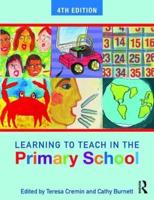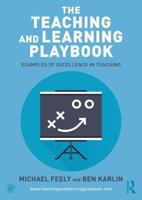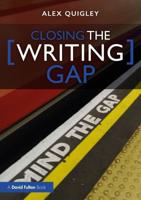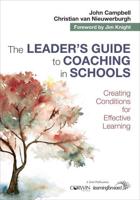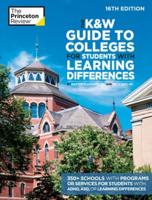Publisher's Synopsis
This volume attempts to delineate the roots of a self-conscious field of educational change that grew up in - and grew out of - the turbulent political, social, economic and cultural life of the post-World War II years. Its authors, who provided many of the seminal writings that helped to create and shape the field, examine their work from current perspectives. The issues they raise allow the reader to see the connections between the recent history of education in general, and the field of educational change in particular. In the 50s and 60s these scholars represented a broad spectrum of innovative thought and action shifting the focus of research in education and school improvement to studying - and interacting with - schools as organizations and cultures. The range of issues that the authors deal with - from the effects of the GI Bill to the effects of school environment on student learning, from the political realities of educational policy to social realities of teachers - are explored and revisited. These issues, leading to controversial themes involving change, school and community, continue to nourish the field and its many branches. This volume (part of 4 volumes) is the first section in the International Handbook of Educational Change. The volumes are a state-of-the-art collection of the most important ideas and evidence of educational change. The volumes bring together some of the most influential thinkers and writers on educational change. It deals with issues like educational innovation, reform, restructuring, culture-building, inspection, school-review, and change management. School leaders, system administration, teacher leaders, consultants, facilitators, educational researchers, staff developers and change agents of all kinds will find these volumes an indispensable resource for guiding them to both classic and cutting-edge understandings of educational change, no other work provides as comprehensive coverage of the field of educational change.

